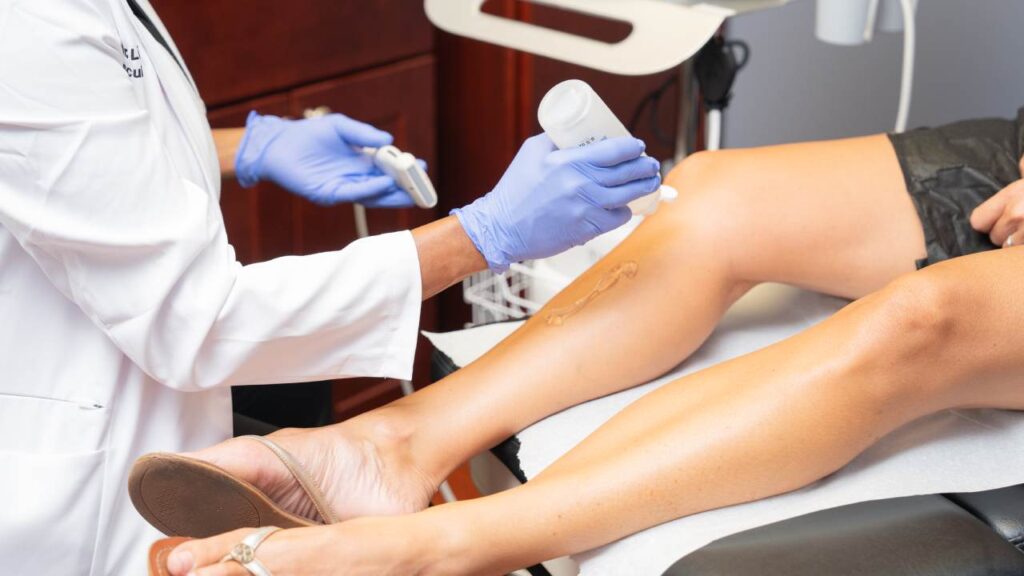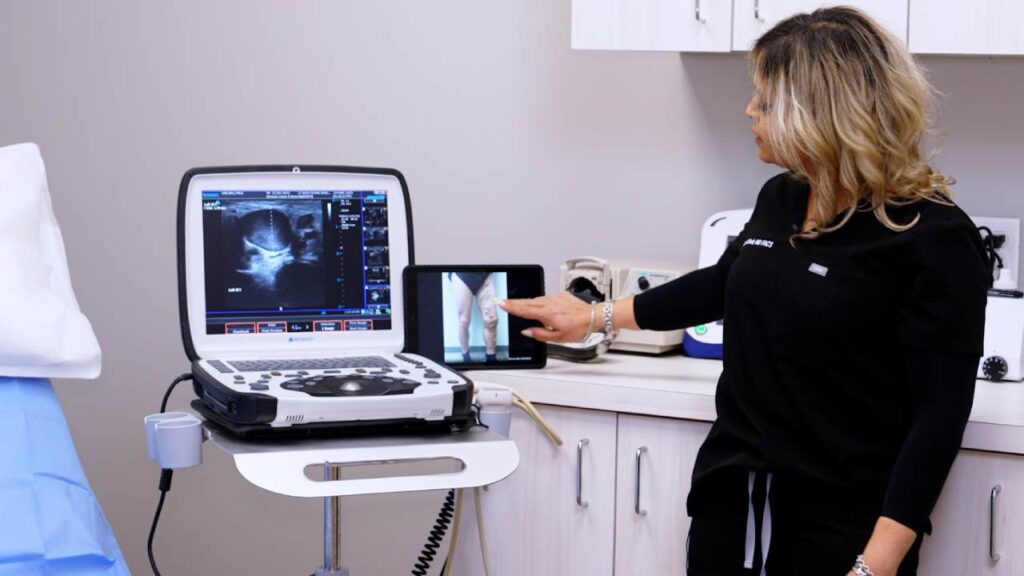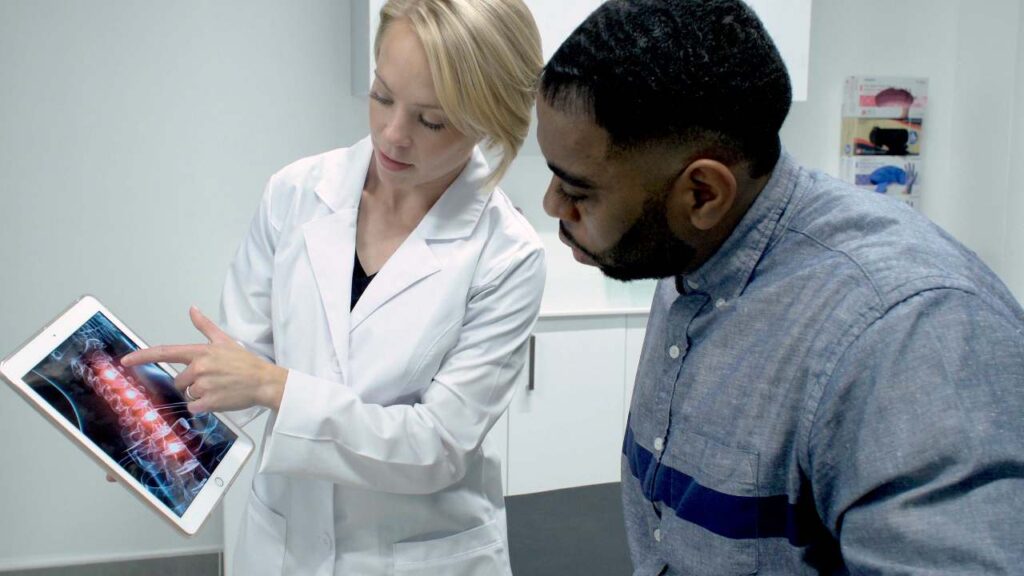How To Find A Good Pain Doctor – What Is A Pain Doctor?

A pain doctor is a doctor who knows the best way to treat pain. Pain doctors are experienced in treating many different types of pain and help patients to avoid unnecessary surgery. In particular, board certified pain doctors are doctors who have passed rigorous medical examinations and have a wealth of experience in treating different types of pain using the latest techniques in medicine.
The aim of a pain doctor is to achieve maximum health outcomes through minimally invasive techniques. This means that pain doctors work with their patients to avoid the risks associated with invasive surgeries and long-term use of narcotics and NSAIDs. Instead of relying on surgery and long-term pain relief, pain doctors use their extensive experience as a pain management physician to directly target and treat pain in a conservative and safe way.
If you’re in pain, your primary care physician can provide an initial consultation. However, for an in-depth examination and thorough treatment plan, it is recommended that you visit a board certified pain doctor who can draw upon their extensive experience in pain medicine. Nowadays, many orthopedic surgeons are quick to suggest risky surgeries and long-term use of narcotics. It is no secret that the U.S. is currently facing an opioid epidemic, and research is beginning to shed light on the negative consequences associated with long-term pain medicines in addition to invasive surgeries. Surgery is not an option that should be entered lightly, with some risks including: problems with anesthesia, wound infections, blood clots, lengthy recovery periods and over-reliance on narcotics.
If you’re looking for minimally invasive and maximally effective treatment options, consider visiting a board certified pain physician. Pain physicians rely on their extensive special training to provide the latest techniques in regenerative medicine to help their patients achieve positive health outcomes at a faster recovery rate. Later on, we will take a look at some of the best ways to treat pain that avoid surgery and lengthy recovery periods. For now, let’s take a look at what happens when you visit a board certified pain doctor.
What Happens When I Visit A Pain Doctor?
As we’ve discussed, pain doctors are experts in diagnosing and treating many different types of pain. In particular, pain doctors know how to treat various types of chronic pain as well as pain in the neck, shoulders, hips, spine, and knees.
When you visit a doctor who is American board-certified, you can relax in the knowledge that you are being treated by pain physicians who have passed tough medical examinations and who are experts in the field of pain medicine. They will use their expertise to assess and treat your pain so that you get back to your daily activities as quickly as possible and without relying on risky surgeries.
Your pain doctor will then want to gain an overall picture of the area of pain. They will take a medical history, conduct a physical examination, and may even order imaging (like an X-Ray or ultrasound scan) to gain a picture of the area of pain. Your pain physician will then work with you to establish a treatment plan that avoids risky surgeries and long-term pain medication. Maximizing health benefits via minimally invasive procedures is the main aim of pain doctors.
Once your area of pain has been assessed, your pain doctor will recommend R.I.C.E. (rest, ice, compression, elevation) in addition to a non-invasive procedure. They can also recommend the best physical therapist to assist your recovery.
The Best Conservative Treatment Options
As we have seen, there are many reasons to consider visiting a board-certified pain doctor. Pain physicians draw upon their extensive knowledge and experience of treating different types of pain that don’t require risky surgeries or long-term pain medicine. Directly targeting pain through minimally invasive procedures enables lower risk, faster recovery periods and better health outcomes.
Now that we have discussed the benefits of choosing conservative treatment options, let’s take a look at some of the latest conservative treatments available:
Back pain treatments:
- Lumbar Epidural Steroid Injection – a corticosteroid (anti-inflammatory) and local anesthetic pain relief medicine is injected to alleviate lower back and leg pain.
- Lumbar Facet Injection – local anesthetic is injected into one or more of the joints in the spine and provides immediate pain relief.
Knee pain treatments:
- Genicular Nerve Block – local anesthetic is injected into the knee. This prevents nerves from transferring pain signals and provides effective pain relief.
- Steroid injection – the doctor applies anesthetic spray to numb the area before injecting anti-inflammatory pain medicine.
Shoulder pain treatments:
- Steroid injections – steroid injections can be used to relieve pain and may even stop swelling and irritation.
- Platelet Rich Plasma (PRP) Therapy – growth factors are extracted from your own blood and are re-injected into the area of pain. This stimulates the growth of healthy, new cells in the area of pain and instigates the natural healing processes within the body. This is an excellent method to target the root of pain.
When considering conservative treatment options, it is important to ensure that they are completed by a board certified pain doctor. These pain doctors will assess and diagnose your pain, before providing you with a comprehensive treatment plan to get you back to full health.
What Credentials Should I Look For In My Pain Doctor?
Now that we have looked at the best pain treatments that target pain without risky surgeries/ over-reliance on pain medicine, let’s focus on the key criteria to consider when visiting a pain doctor:
- Has board certification – this ensures that your pain doctor has achieved the highest possible levels of training. If you want a doctor that can demonstrate they have passed rigorous medical examinations and training, ensure your doctor is a member of the American Society Of Regional Anesthesia and Pain Medicine.
- Maintains a friendly and professional manner – your doctor should look beyond your physical symptoms to provide exceptional care. Physical and emotional comfort is at the heart of maintaining important doctor-patient relationships.
- Graduated from an Ivy League institution – pain doctors who are Ivy League alumni keep up-to-date with the latest advances in pain medicine and have a rigorous academic background that emphasizes their dedication to continual learning.
- Provides minimally-invasive treatments – it is important your pain management physician is able to offer you the latest treatments that avoid risky surgery and over-reliance on narcotics.
At the VIP Medical Group, our friendly and helpful staff will provide you with information and advice regarding the latest conservative treatments to target and treat your pain. Our state-of-the-art facilities are Centers of Excellence and are home to Ivy League pain doctors who are leaders in the field of pain medicine. Before committing to surgery, consider visiting one of our board certified pain doctors who will be happy to welcome you to the VIP Medical Group.







